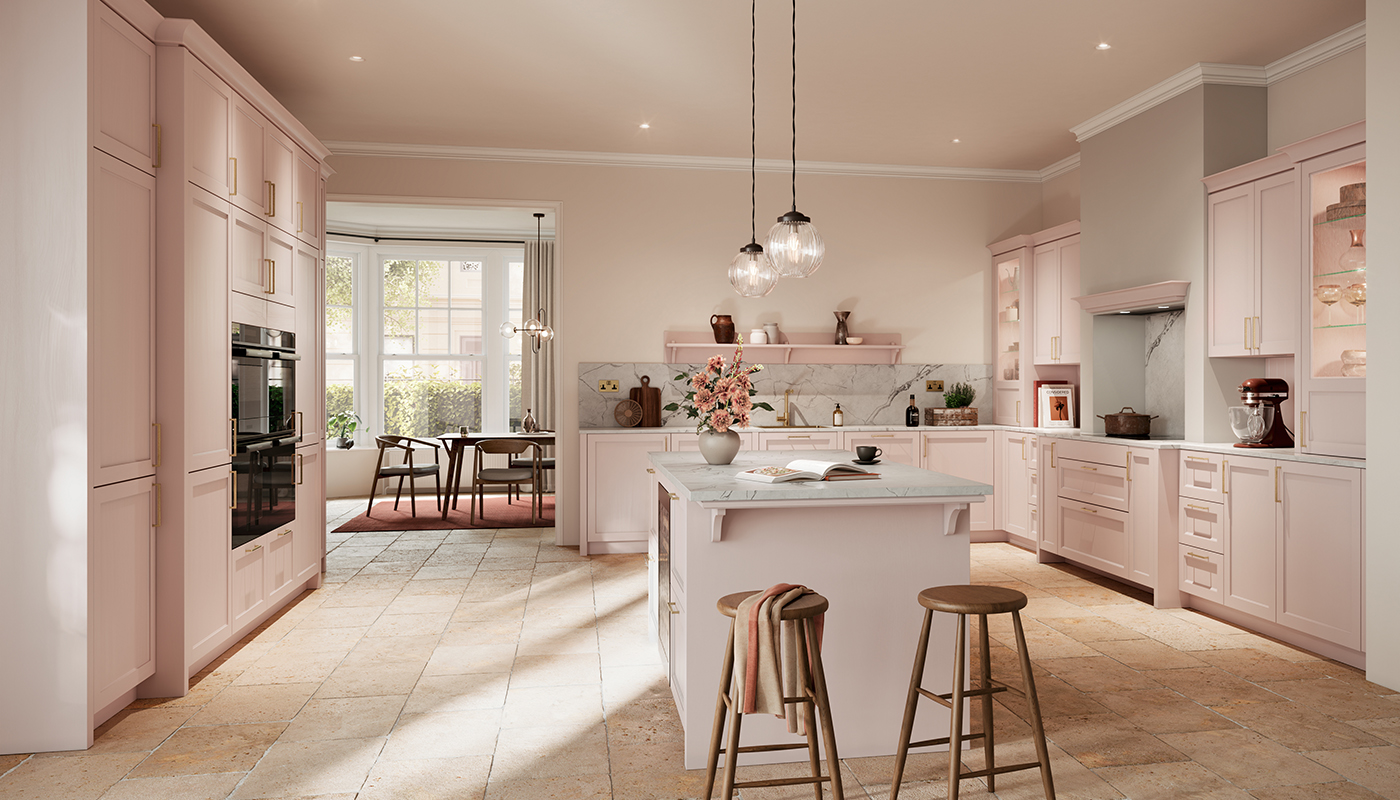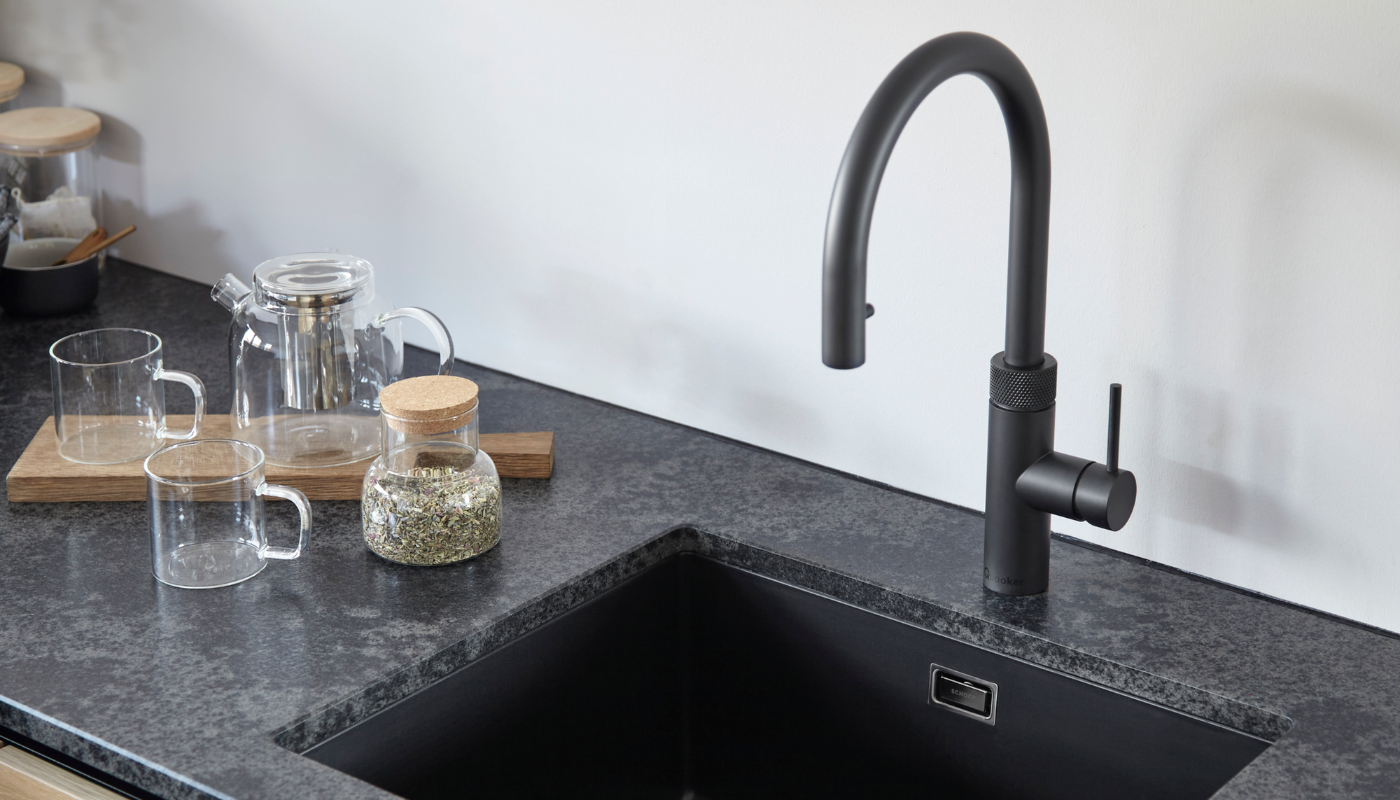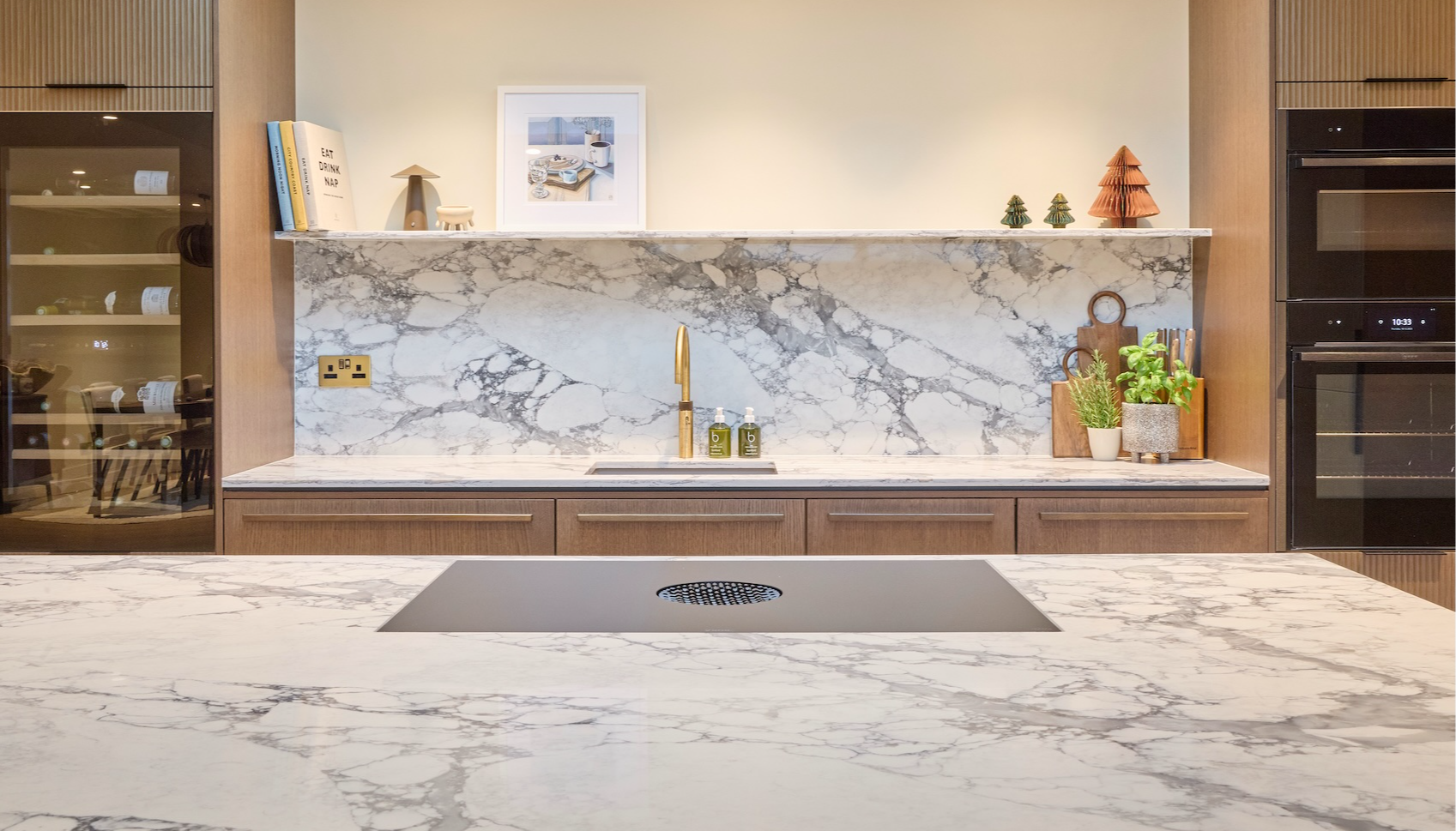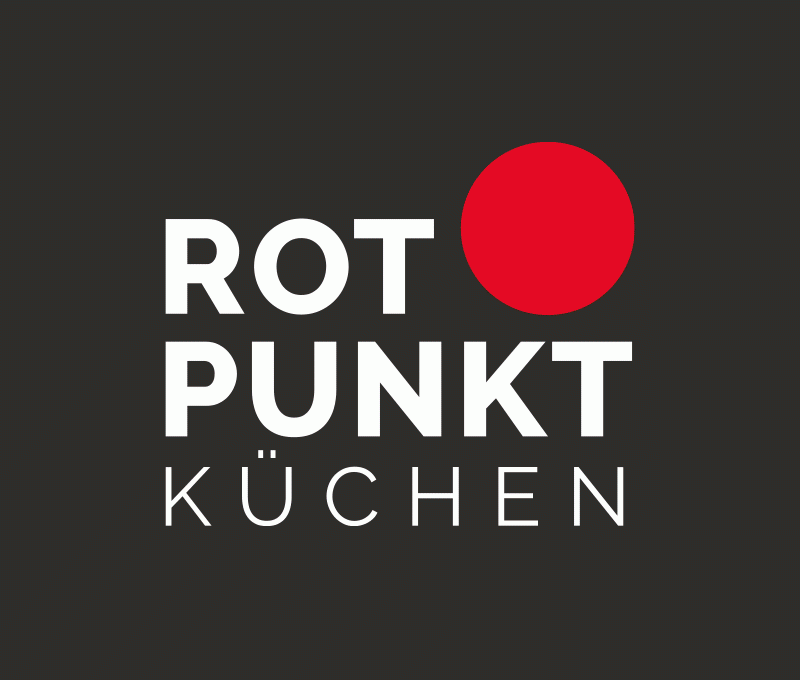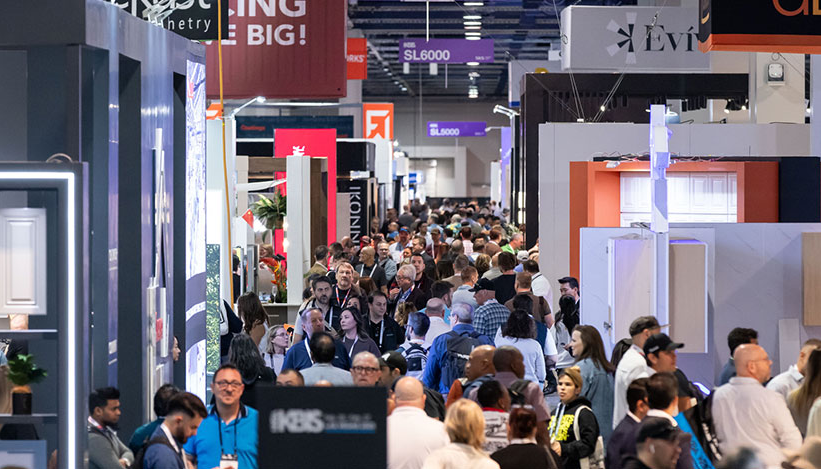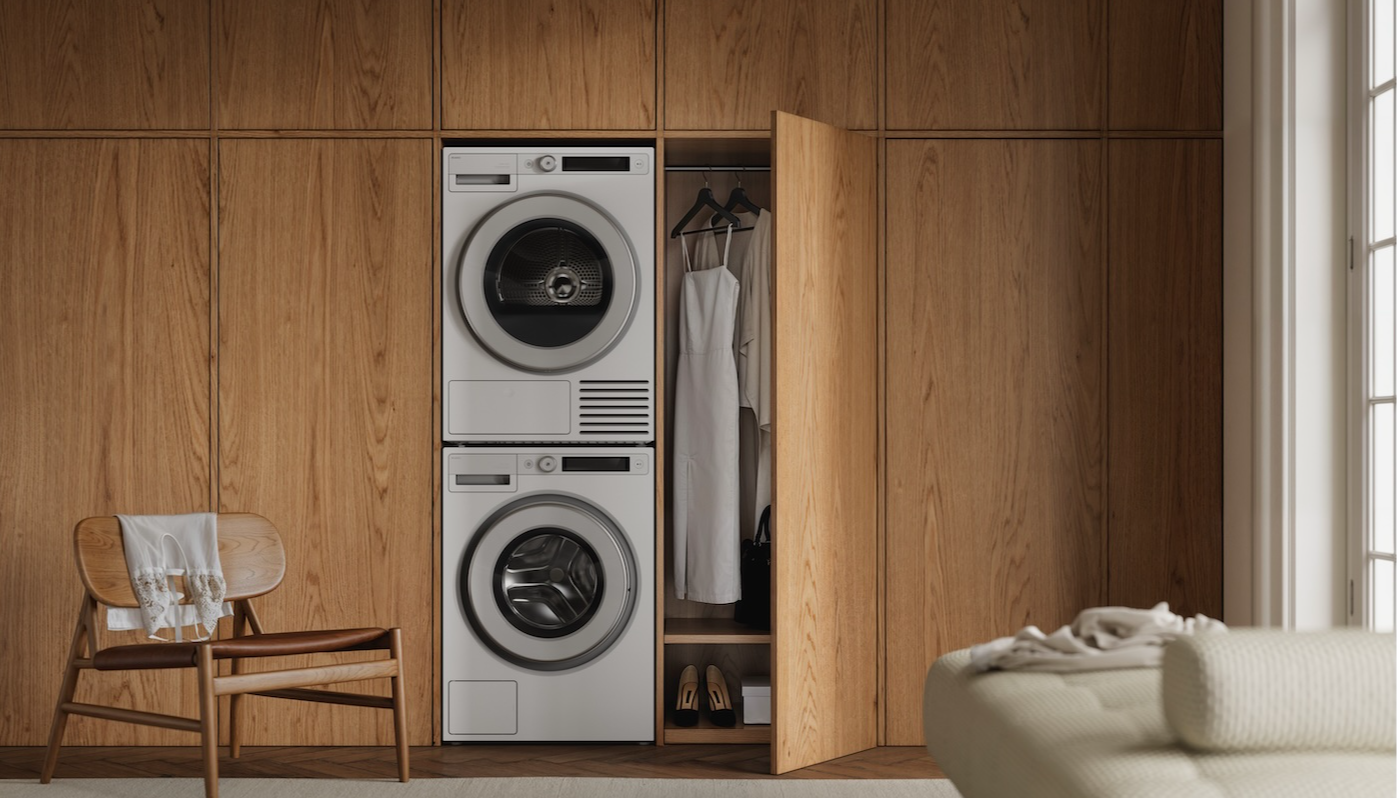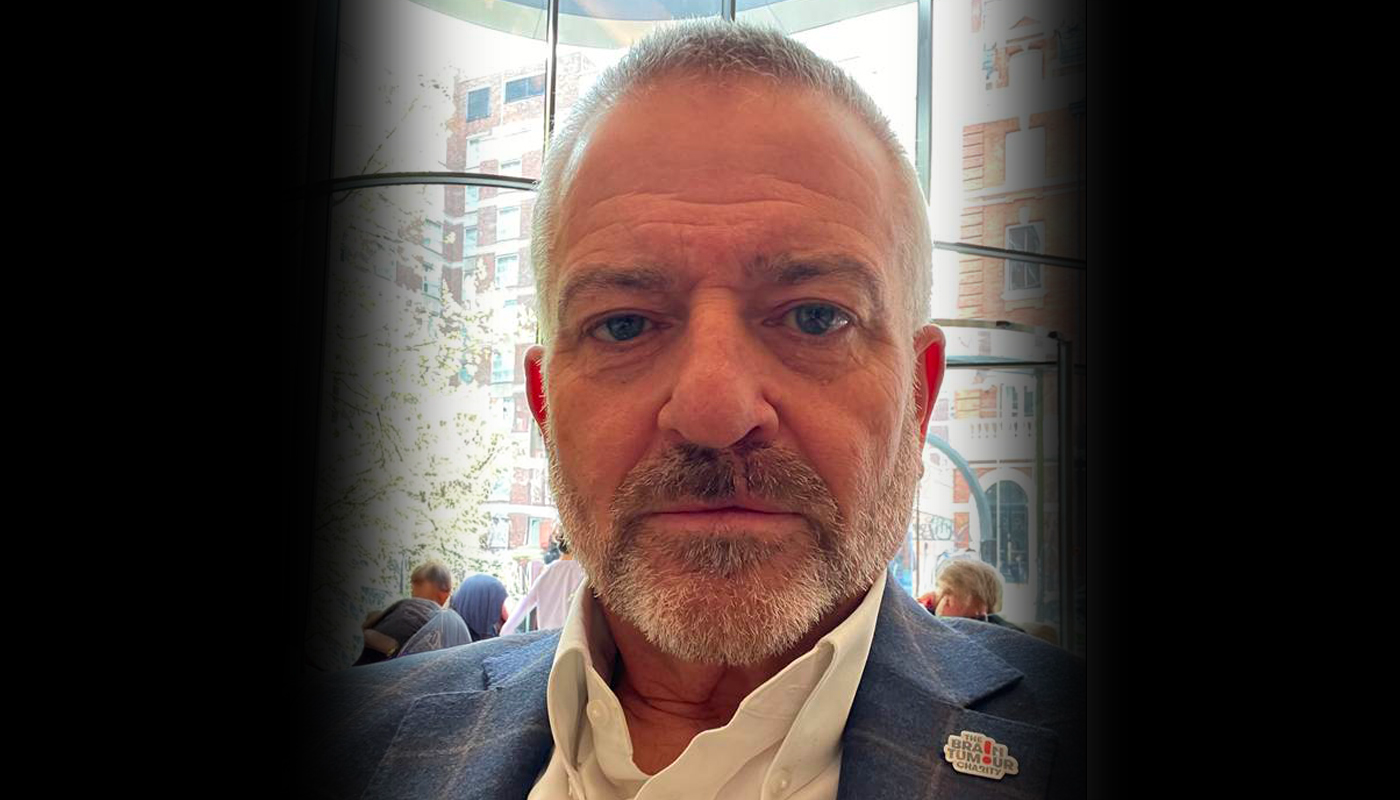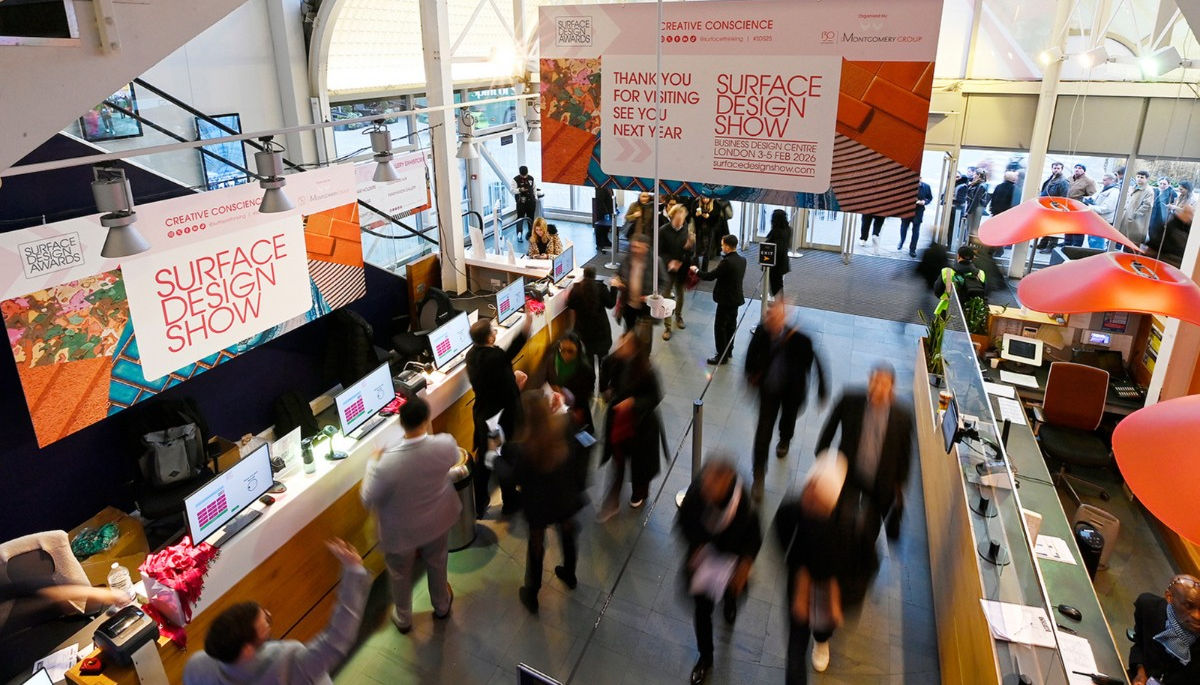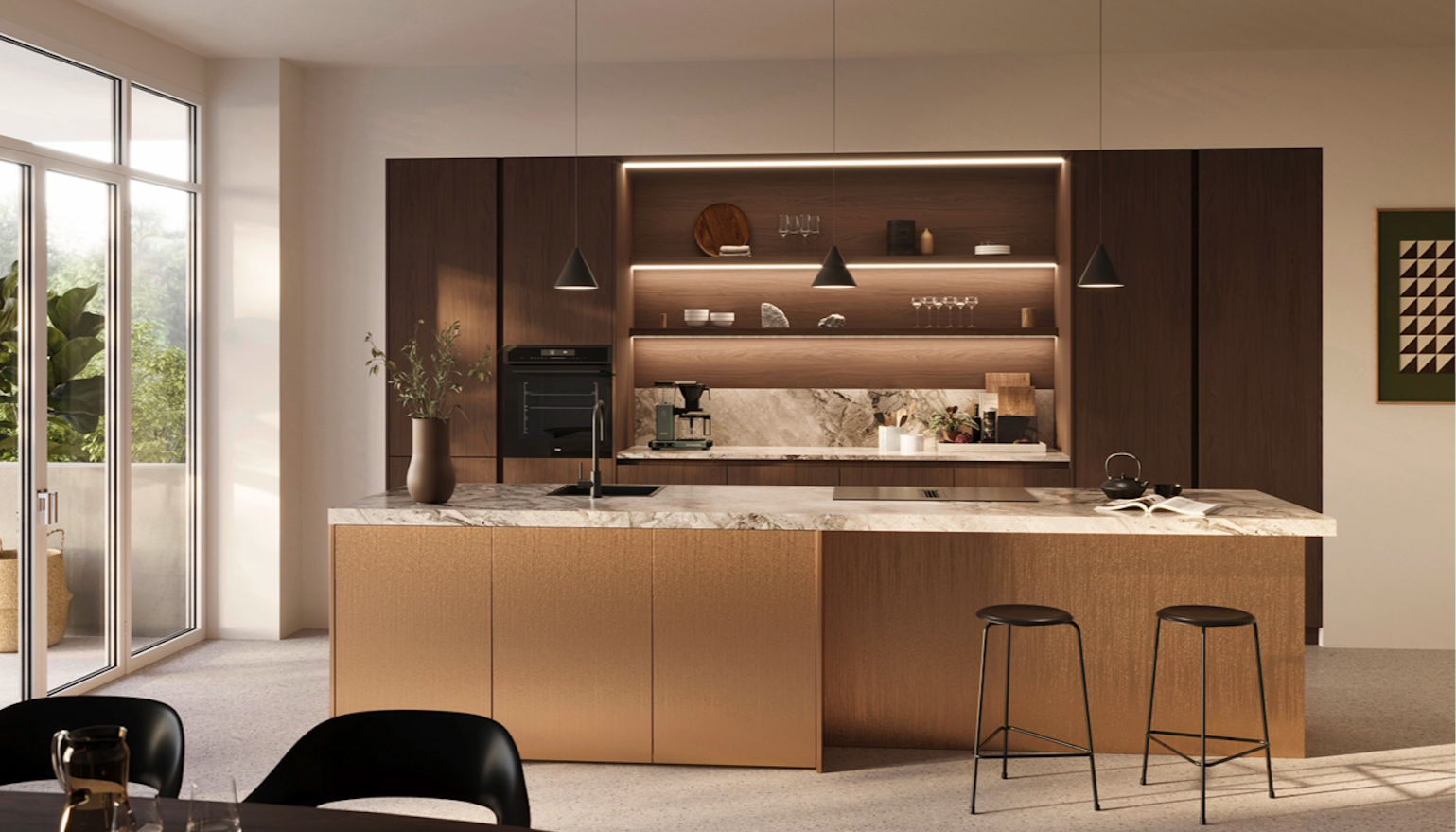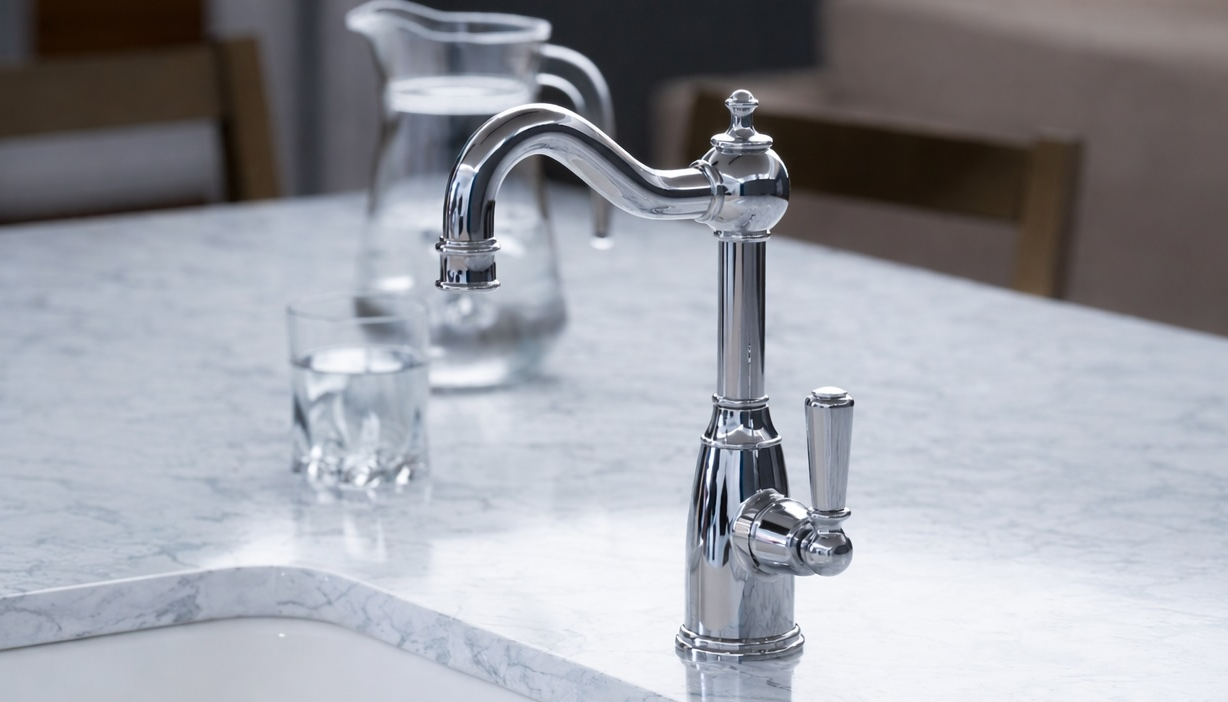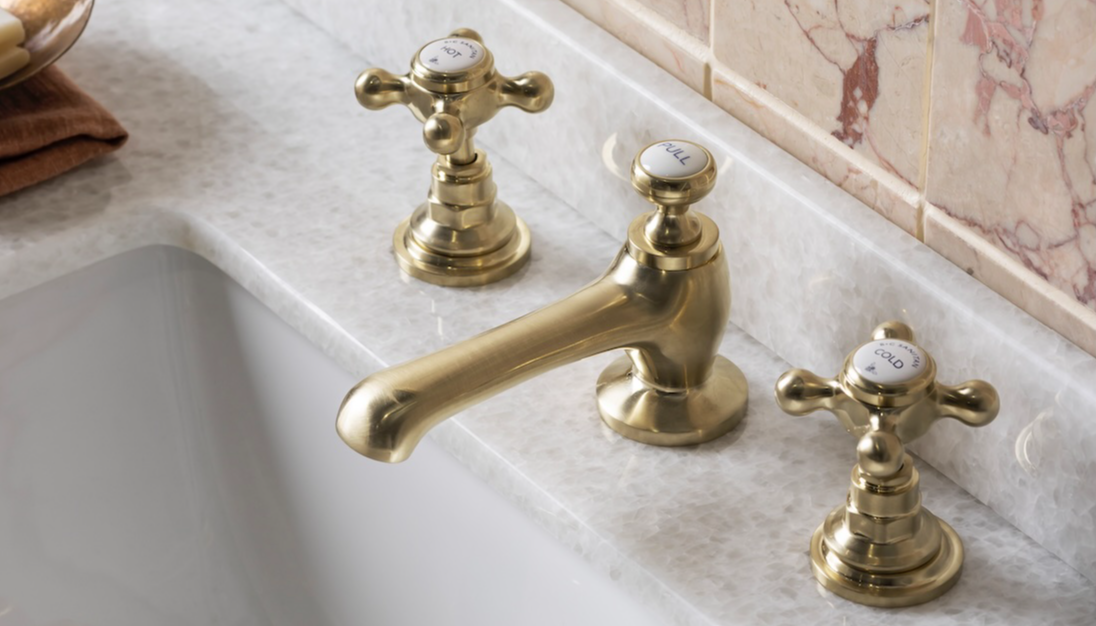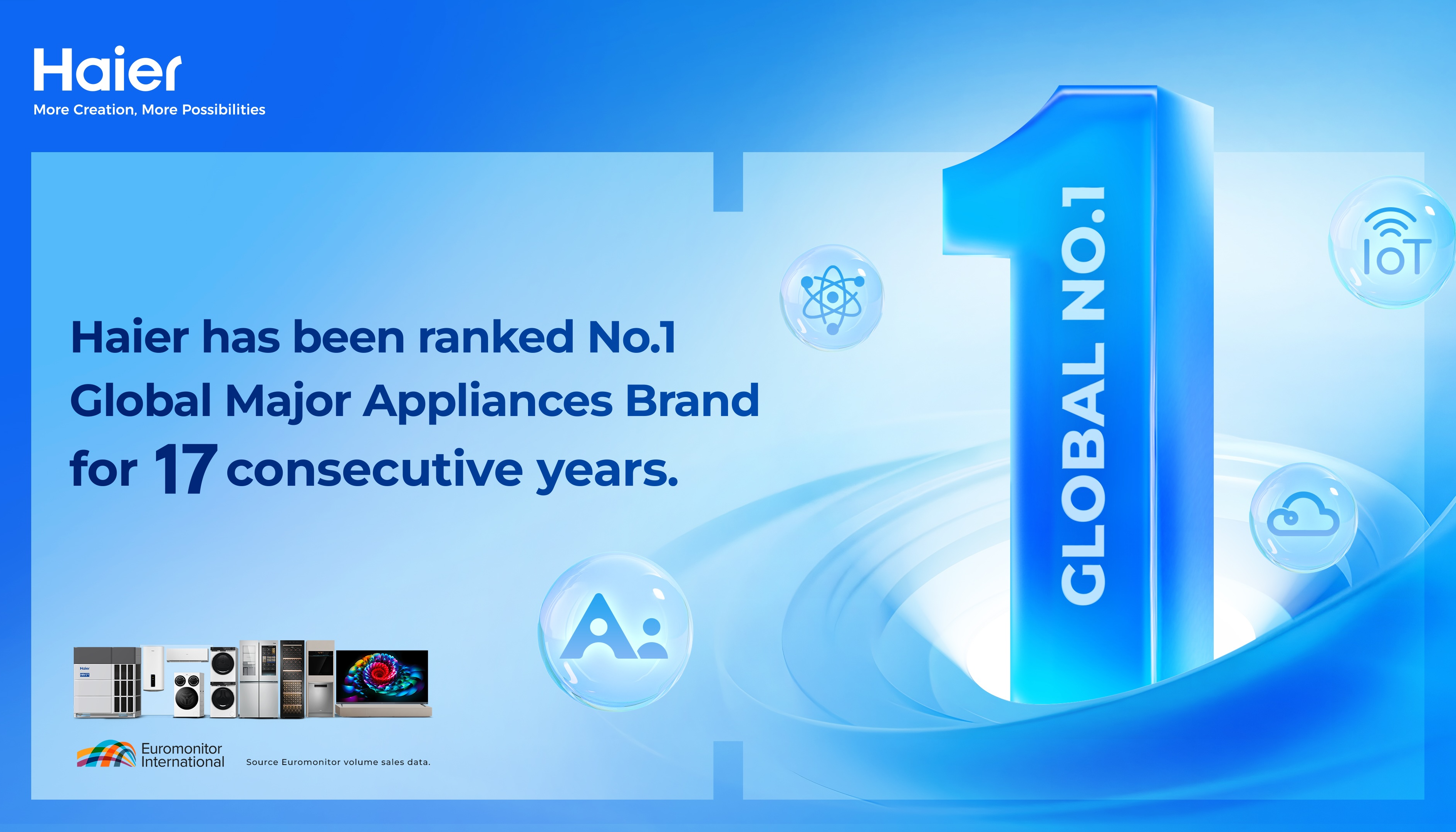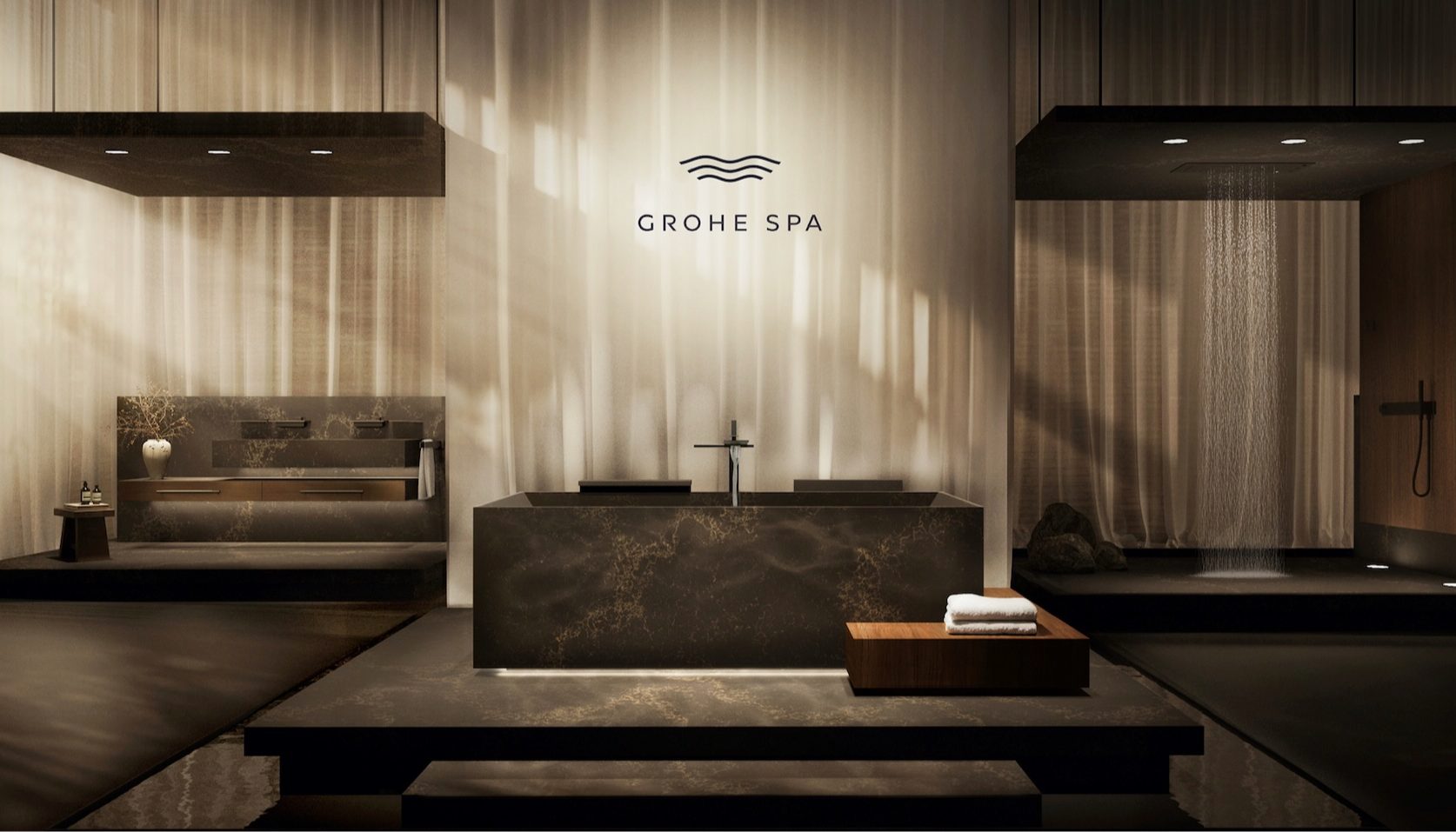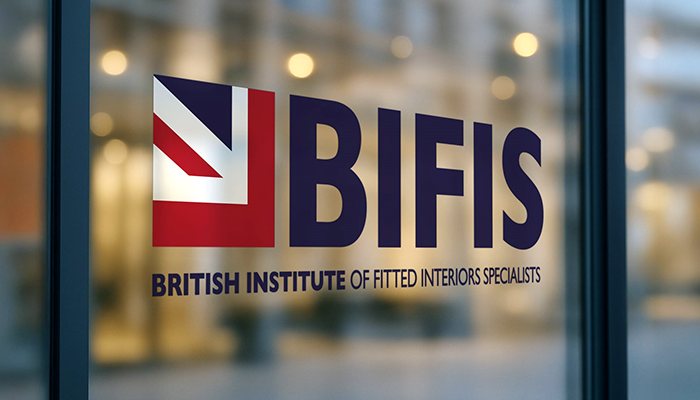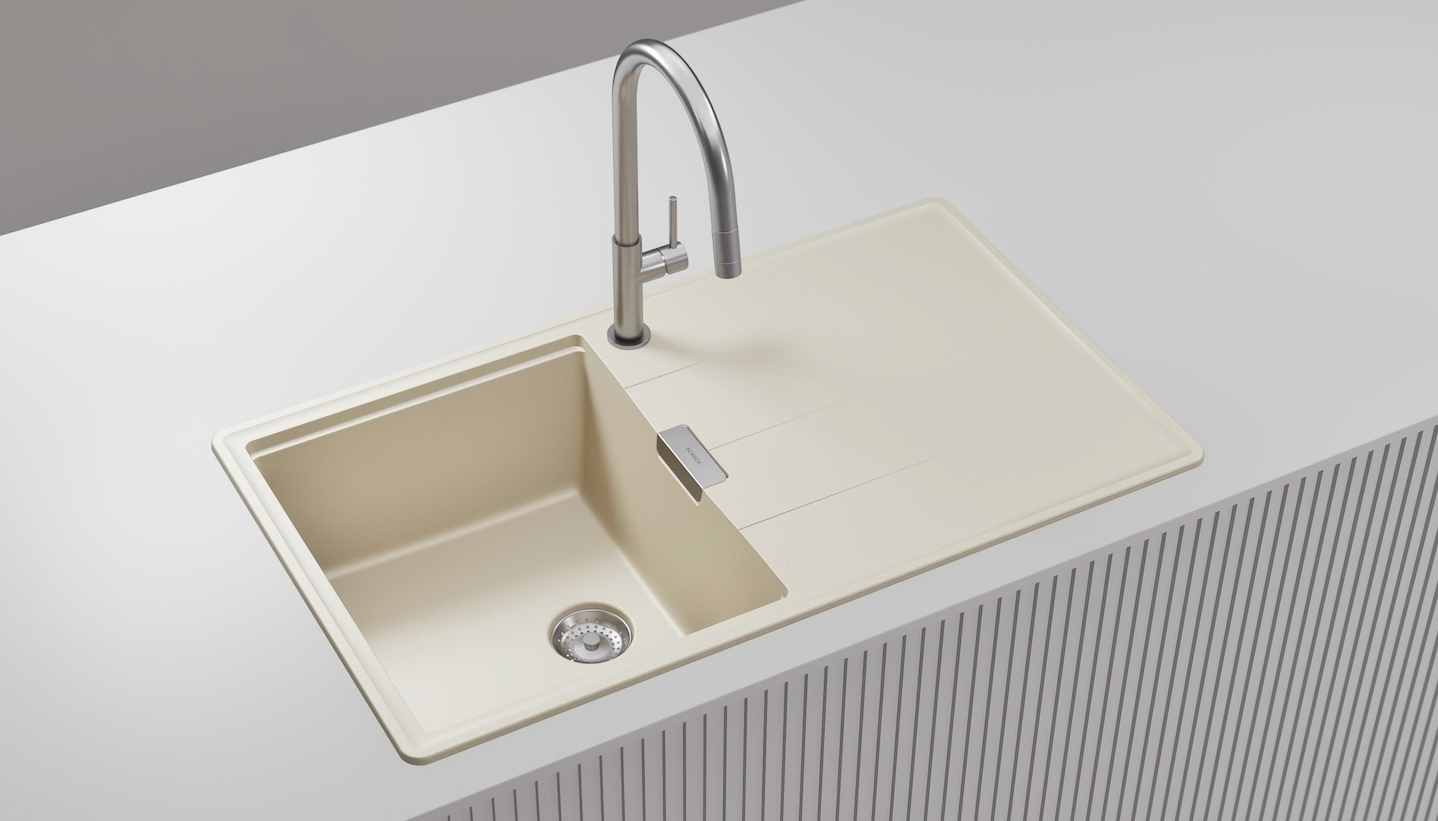Westin expands 360 recirculation cooker hood range
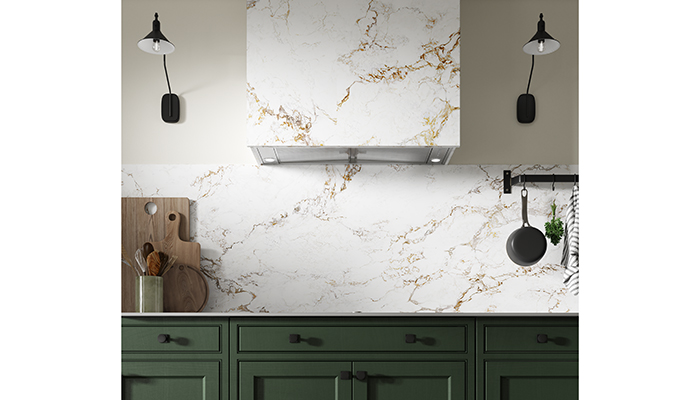
Westin expands 360 recirculation cooker hood range
Westin has announced the expansion of its 360 recirculation range with the Prime 360 HEPA built-in hood. The company’s 360 recirculation technology combines 4 filtering systems within one device, each one of which plays a vital role in providing purified, beautifully clean air back into the kitchen. The Westin 360 technology is currently available as part of the Westin bespoke offering, along with the Stratus 360 ceiling hood launched last year within the standard collection.
Westin’s Prime range boasts multiple widths as standard, and options for reduced depth with the Prime Slim, as well as a powerful professional version in the Prime Pro. The Prime 360 now further boosts the versatility of the Prime range. The Prime 360 HEPA is available in three widths as standard: 800mm, 900mm and 1100mm.
The first filtration level of any cooker hood is the grease filter, which plays a vital role in maintaining the cleanliness and efficiency of both the hood itself. The second filter in the 360 system is the activated carbon filter. This is a filtration method that targets chemical vapours, and odour molecules. Activated carbon filters are used in air purifiers to absorb pollutants like volatile organic compounds (VOCs) and smoke particles. The Westin activated carbon filter also includes Zeolites, a natural compound that actively breaks down harmful chemicals produced during cooking.
The third filtration level is the HEPA (High-Efficiency Particulate Air) filter, and these filters are designed to capture particles as small as 0.3 microns with a 99.97% efficiency rate. This makes them ideal for capturing allergens, dust, and other airborne particles that can cause health problems.
The final filtration level utilises Ultra Violet to provide a stream of active, natural air cleansers into the kitchen environment. Using Ultra Violet and photo catalytic oxidation technology, this filter provides a concentrated source of hydroxyls and super oxidants which actively destroy odours, bacteria, pollutants, viruses and allergens in the air, by mimicking, and accelerating a natural process. The UV filtration has the added benefit of addressing particles and odours from the wider kitchen environment, such as those produced by wall ovens, or air fryers.
Tags: kitchens, products, westin, cooker hoods, extraction




